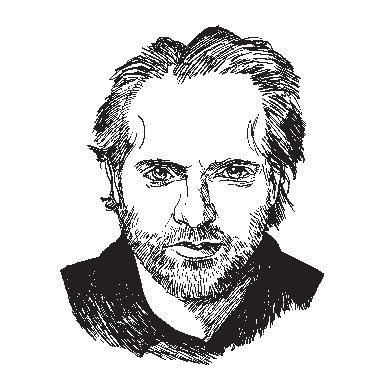I met Sam Mendes, the director of the films American Beauty, Road to Perdition, Jarhead, Revolutionary Road, and many, many plays, one evening at his Manhattan meatpacking-district office. Below us, the sidewalks were full of people heading to the nearby bars for post-work drinks; Mendes, meanwhile, was drinklessly entering Phase 2 of his workday. Phase 1 was spent at BAM, where he’s directing a production of Chekhov’s The Cherry Orchard. During Phase 2, he talked to numerous press representatives about the (then) upcoming release of Revolutionary Road. Phase 3 involved the editing of his next feature film. Presumably sleep occurred at some point.
Regardless, this schedule seems to suit Mendes, an animated and indefatigable conversationalist who offhandedly ate pita chips while we chatted. His office was packed with books; he professed to harbor some path-not-taken envy of academics and said quite wistfully of a film colleague, “He called me from his office at Columbia—how cool is that?” When referring to his pristine copy of Richard Yates’s 1961 novel Revolutionary Road, he was able, within seconds, to locate exact passages without the aid of sticky notes or marginalia.
You have reached your article limit
Sign up for a digital subscription and continue reading all new issues, plus our entire archives, for just $1.50/month.
Already a subscriber? Sign in





